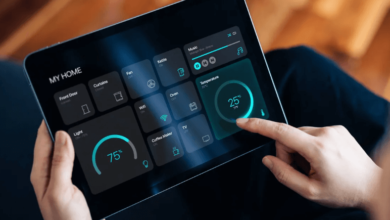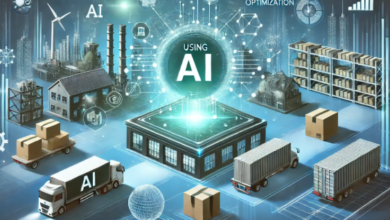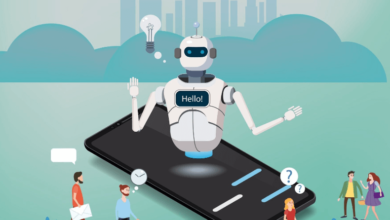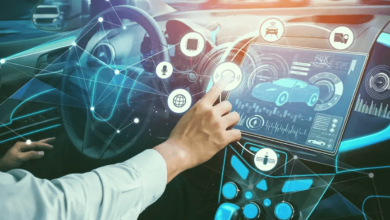AI-Powered Personal Assistants: Enhancing Everyday Life
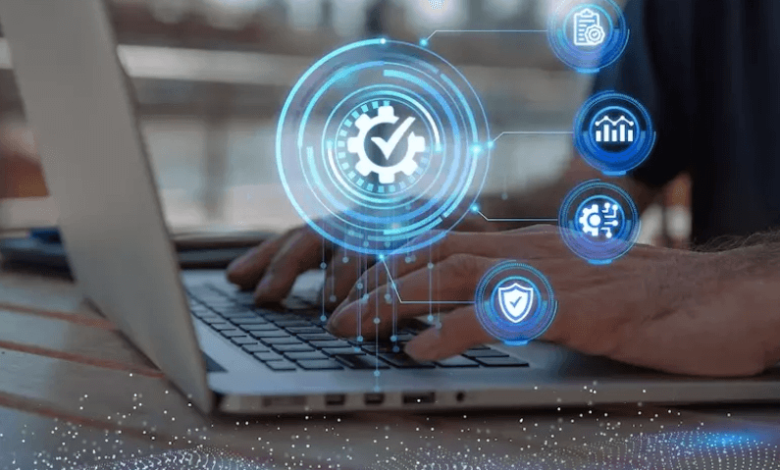
Artificial Intelligence (AI) has become a cornerstone of modern technology, transforming industries and revolutionizing daily life. Among its most practical applications are AI-powered personal assistants, digital tools designed to simplify tasks, improve productivity, and provide personalized support. From managing schedules to answering queries, these virtual assistants have seamlessly integrated into our routines, enhancing convenience and efficiency in unprecedented ways.
The Rise of AI-Powered Personal Assistants
The concept of AI-powered personal assistants emerged from advancements in natural language processing (NLP) and machine learning (ML). These technologies enable machines to understand, interpret, and respond to human language, creating interactive and intuitive user experiences. The first iterations of personal assistants, such as Apple’s Siri, marked the beginning of this revolution. Over time, competitors like Amazon Alexa, Google Assistant, and Microsoft Cortana expanded the capabilities of these systems, making them indispensable tools in homes and workplaces.
Key Features of AI-Powered Personal Assistants
AI-powered personal assistants are defined by their versatility and ability to adapt to user needs. They offer a range of features that make everyday life easier:
- Voice Interaction
These assistants can process spoken commands, allowing users to perform tasks hands-free. This functionality is particularly useful for multitasking and accessibility. - Task Automation
Personal assistants automate repetitive tasks, such as setting alarms, sending reminders, or creating shopping lists, saving users valuable time. - Smart Device Integration
AI assistants can connect with smart home devices, enabling users to control lights, thermostats, and security systems with simple voice commands. - Contextual Understanding
Advanced AI assistants learn from user interactions, providing personalized recommendations and context-aware responses. - Information Retrieval
Whether it’s checking the weather, finding directions, or providing answers to trivia questions, personal assistants offer instant access to information.
Benefits of AI-Powered Personal Assistants
The adoption of AI-powered personal assistants has grown rapidly due to the myriad of benefits they provide:
- Increased Productivity
By handling routine tasks, personal assistants allow users to focus on more critical activities, boosting overall efficiency. - Enhanced Accessibility
For individuals with disabilities or limited mobility, these tools offer an inclusive way to manage daily activities and interact with technology. - Improved Organization
AI assistants help users stay organized by managing calendars, sending reminders, and even suggesting time management strategies. - Entertainment and Leisure
From playing music to streaming movies and podcasts, personal assistants cater to entertainment needs, creating a more enjoyable environment. - Energy and Cost Savings
Integrated with smart devices, personal assistants optimize energy usage by managing home appliances efficiently, reducing costs and environmental impact.
Applications in Everyday Life
AI-powered personal assistants have found applications across various aspects of daily living:
- Home Management
Virtual assistants streamline household chores by controlling smart devices, managing grocery lists, and setting routines. - Workplace Efficiency
In professional settings, these tools assist with scheduling meetings, sending emails, and transcribing notes, enhancing workplace productivity. - Education and Learning
Students benefit from AI assistants as study companions, helping them research topics, organize study plans, and access educational resources. - Healthcare Support
Personal assistants remind users to take medications, schedule appointments, and track fitness goals, promoting better health management. - Travel and Navigation
From booking tickets to providing real-time traffic updates, AI assistants simplify travel planning and navigation.
Challenges and Limitations
Despite their advantages, AI-powered personal assistants face several challenges and limitations:
- Privacy Concerns
The collection and storage of user data raise questions about privacy and security. Ensuring robust data protection is crucial to building user trust. - Accuracy Issues
Misinterpretation of commands or context can lead to errors, highlighting the need for continual refinement of AI algorithms. - Dependency on Connectivity
Most AI assistants require an active internet connection to function, limiting their utility in areas with poor connectivity. - Language and Cultural Barriers
While major languages are well-supported, many local dialects and cultural nuances remain challenging for AI systems to handle effectively. - Affordability and Accessibility
High costs and limited access to smart devices can prevent widespread adoption, particularly in low-income regions.
The Future of AI-Powered Personal Assistants
The future of AI-powered personal assistants is bright, with ongoing advancements poised to overcome current limitations and unlock new possibilities. Enhanced NLP capabilities will enable more natural and nuanced interactions, while improved machine learning models will make these tools smarter and more context-aware. Integration with emerging technologies like augmented reality (AR) and virtual reality (VR) could create immersive and interactive user experiences.
Moreover, AI-powered personal assistants are likely to become more proactive. Instead of waiting for user commands, they could anticipate needs and offer suggestions, transforming from reactive tools to proactive companions. Advances in edge computing may reduce dependency on internet connectivity, ensuring seamless operation even in offline scenarios.
FAQs About AI-Powered Personal Assistants
- What is an AI-powered personal assistant?
An AI-powered personal assistant is a digital tool that uses artificial intelligence to perform tasks, provide information, and assist users in daily activities. - Are personal assistants safe to use?
While they are generally safe, users should ensure proper security settings and be cautious about sharing sensitive information to protect their privacy. - Can personal assistants work without the internet?
Some features may work offline, but most assistants rely on internet connectivity for advanced functions like retrieving information or updating data. - What are some popular AI personal assistants?
Examples include Apple’s Siri, Amazon Alexa, Google Assistant, and Microsoft Cortana, each offering unique features and capabilities. - How do AI assistants learn and improve?
They use machine learning to analyze user interactions, adapt to preferences, and refine their responses over time. - Are they accessible for people with disabilities?
Yes, AI-powered personal assistants are designed to improve accessibility, offering voice control and hands-free operation for users with disabilities.
Conclusion
AI-powered personal assistants have become an integral part of modern life, simplifying tasks and enhancing convenience for millions of users. With continuous advancements in AI and machine learning, these tools are set to become even more capable and versatile, transforming the way we interact with technology. As they evolve, AI-powered personal assistants will continue to enhance everyday life, empowering individuals to achieve more with less effort.

